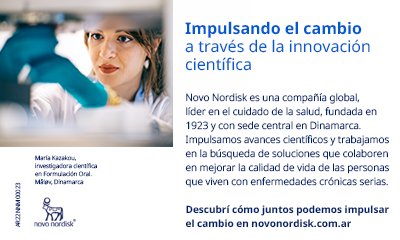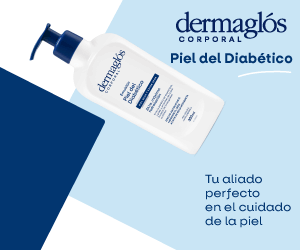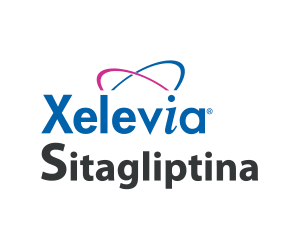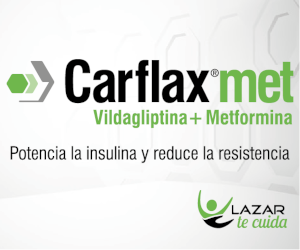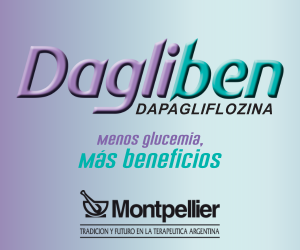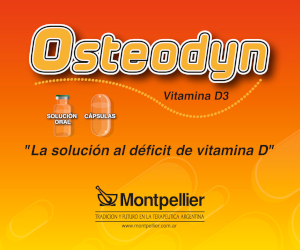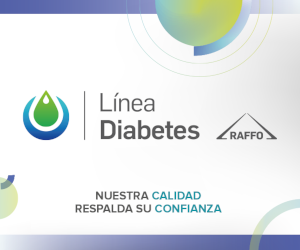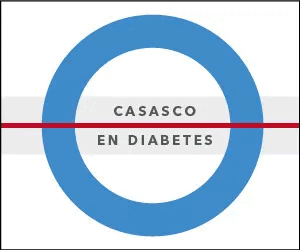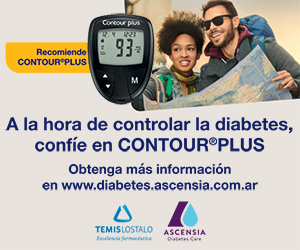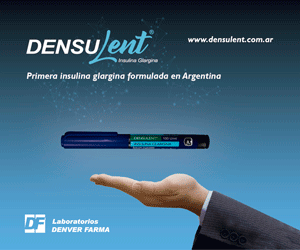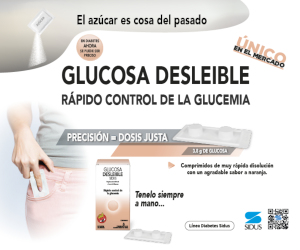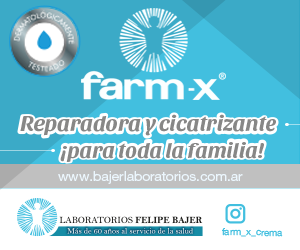Symposium 9: Beyond lifestyle changes. Pharmacological approach
DOI:
https://doi.org/10.47196/diab.v56i3Sup.519Keywords:
diabetes mellitus, drugsAbstract
The prevalence of overweight and obesity in pediatrics has increased drastically in recent decades. This leads to a greater cardiometabolic, oncological, psychiatric burden and in the quality of life in adulthood. Data from the COVID 19 pandemic aggravated the incidence and prevalence of obesity due to changes in eating habits and sedentary lifestyle.
The objectives in pediatric treatment propose a reduction of 0.2 in the BMI z-score (5% decrease in BMI), with clinically significant results. The initial strategy is to optimize lifestyle intervention and reduce environmental exposures. However, there remains a subgroup of severely obese children and adolescents who do not respond to these changes, requiring the use of safe, effective and approved drugs for this age group. Currently only 3 pharmacological agents are approved for use in adolescents over 12 years of age and for more than 1 year of treatment, these are: orlistat, fentermine y liraglutide.
References
I. Styne D, Arslanian S, et al. Pediatric obesity. Assessment, treatment, and prevention: an Endocrine Society Clinical Practice Guideline. J Clin Endocrinol Metab March 2017;102(3):709-757.
II. González-Bagnesa MF, González C, et al. Pharmacotherapeutic options in pediatric obesity: an urgent call for further research. Expert Opinion on Pharmacotherapy 2022.
III. Ryan PM, et al. Safety and efficacy of glucagon-like peptide-1 receptor agonists in children and adolescents with obesity. J Pediatr 2021;236:137-147.
IV. Kelly AS, et al. A randomized, controlled trial of liraglutide for adolescents with obesity. N Engl J Med 2020;382:2117-2128.
Downloads
Published
How to Cite
Issue
Section
License
Copyright (c) 2022 on behalf of the authors. Reproduction rights: Argentine Diabetes Society

This work is licensed under a Creative Commons Attribution-NonCommercial-NoDerivatives 4.0 International License.
Dirección Nacional de Derecho de Autor, Exp. N° 5.333.129. Instituto Nacional de la Propiedad Industrial, Marca «Revista de la Sociedad Argentina de Diabetes - Asociación Civil» N° de concesión 2.605.405 y N° de disposición 1.404/13.
La Revista de la SAD está licenciada bajo Licencia Creative Commons Atribución – No Comercial – Sin Obra Derivada 4.0 Internacional.
Por otra parte, la Revista SAD permite que los autores mantengan los derechos de autor sin restricciones.


